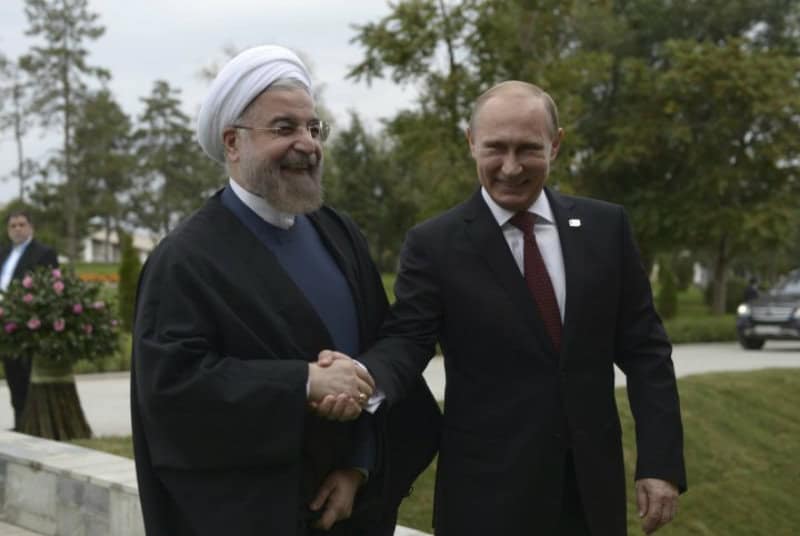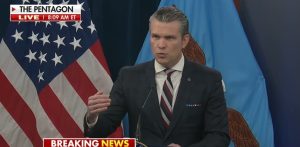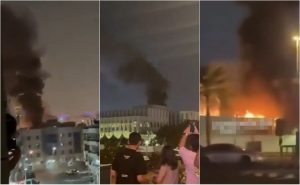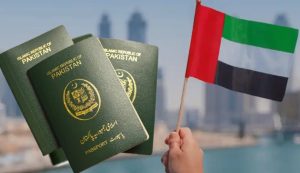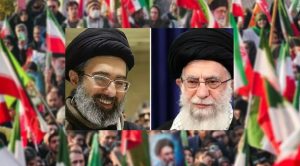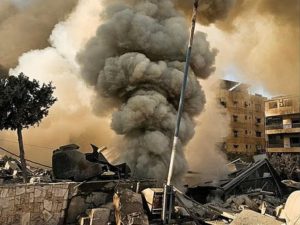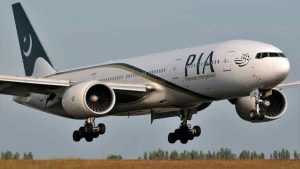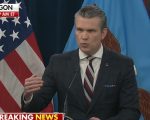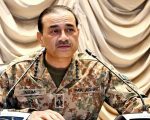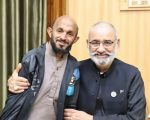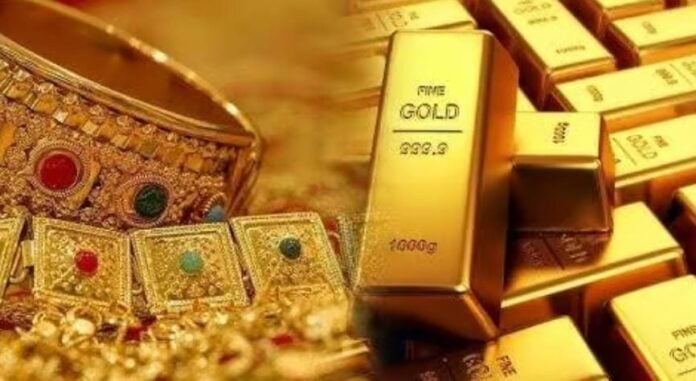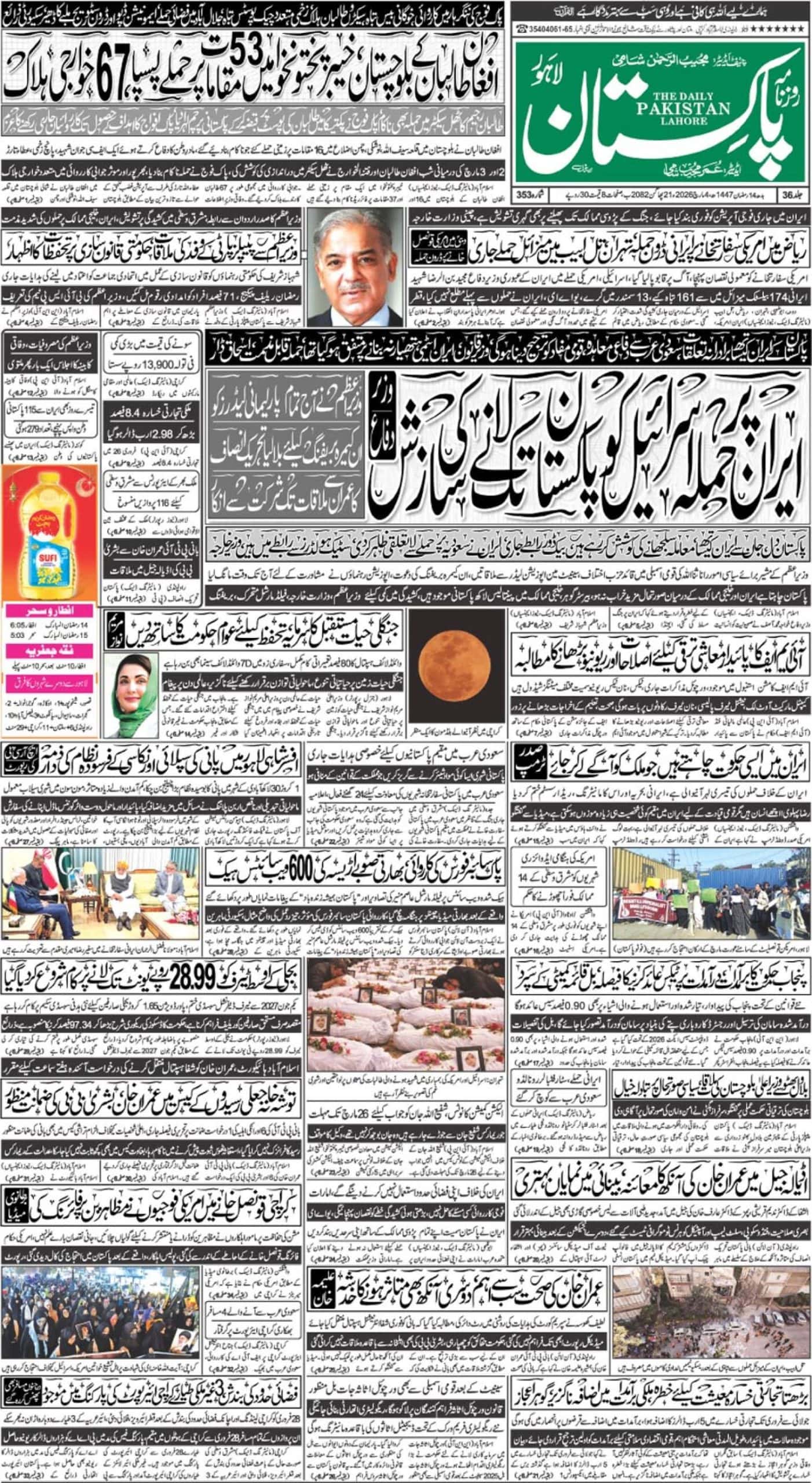TEHRAN (Web Desk) – On his first trip to Iran in eight years, Russian President Vladimir Putin has signed a decree lifting the ban on supplying Iran with uranium enrichment equipment.
The move is linked to Russia importing enriched uranium from Iran, according to the official government website.
Russian President Vladimir Putin arrived in Tehran Monday, for talks on the devastating conflict in Syria where both countries support the Damascus regime.
The official IRNA news agency said Putin landed in the capital at around 1:15 pm (0945 GMT).
صور قبل قليل.. لحظة وصول الرئيس الروسي فلاديمير بوتين الى طهران #ايران #روسيا pic.twitter.com/cS0yq4UwgM
— @alalam_news (@alalam_news) November 23, 2015
The president is visiting Tehran to take part in Gas Exporting Countries Forum summit, and is holding talks on Monday with Iranian President Hassan Rouhani and the country’s Supreme Leader Ali Khamenei.
According to the deal, the ban on supplying goods, materials and equipment no longer applies “to the exports of the enriched uranium from the Islamic Republic of Iran”.
The decision to export low-enriched uranium from Iran to Russia was reached in the framework of the agreement between Iran and the six international mediators in July. According to the deal, Tehran must get rid of 98 percent of its enriched uranium, Russia Today reported.
Iran also agreed not to enrich uranium by more than 3.67 percent for 15 years and to possess no more than 300 kilograms of the material.
The Islamic Republic faced years of international sanctions due to fears its nuclear program was aimed at developing nuclear weapons. Tehran has insisted the program is peaceful and its purpose is to develop nuclear energy.
Sanctions against the country are yet to be lifted, as the International Atomic Energy Agency has to confirm that Iran has met its obligations. Tehran says it’s cooperating with the nuclear watchdog.
It’s the first official trip by President Putin to Iran since his visit in 2007.
According to Putin’s spokesman, Russian and Iranian leaders will discuss a range of bilateral issues, such as trade and investment cooperation, nuclear energy, oil and gas.
They will also exchange views on international issues – the settlement of the conflict in Syria, the fight against terrorism and the implementation of the joint action plan on Iran’s nuclear program.

